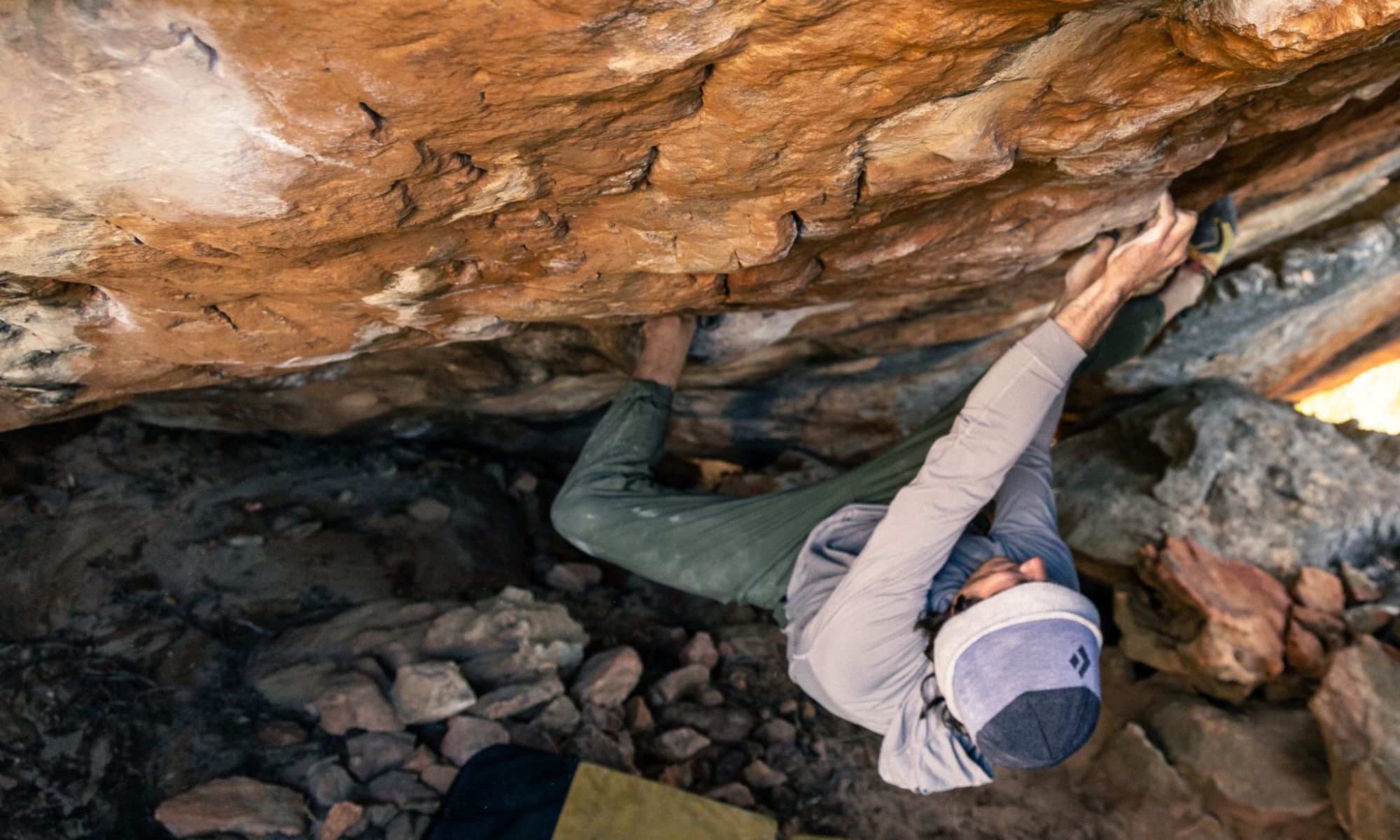
Conservation Review 2025 highlights Western Cape’s biodiversity and conservation resilience and adaptability
CapeNature showcased its significant achievements in conservation operations and exceptional biodiversity protection over the past year.
The central message throughout the event and central to the theme was an emphasis on the successful partnerships the Entity has cultivated with stakeholders. Many of these partners were also in attendance, showcasing delivery on collaborative projects. The Entity relies on the productive co-operation of many partners to successfully execute its mandate in the Western Cape.
The two-day event, held at the University of Western Cape’s Life Sciences Auditorium on 26 and 27 June, aligned to the theme “Adapting Together: Forging a Resilient Tomorrow”, featured lively panel discussions with both CapeNature and partner panellists on several conservation and biodiversity related topics, which kept the audience captivated.
The highlight of the event took place on day one, as CapeNature released its 2025 State of Conservation Report. The report is underpinned by significant fieldwork, analysis and ecological monitoring across river corridors, mountain fynbos, and coastal habitats. The report also helps to provide a snapshot of how species and ecosystems are faring and where more conservation work is needed to strengthen ecological resilience.
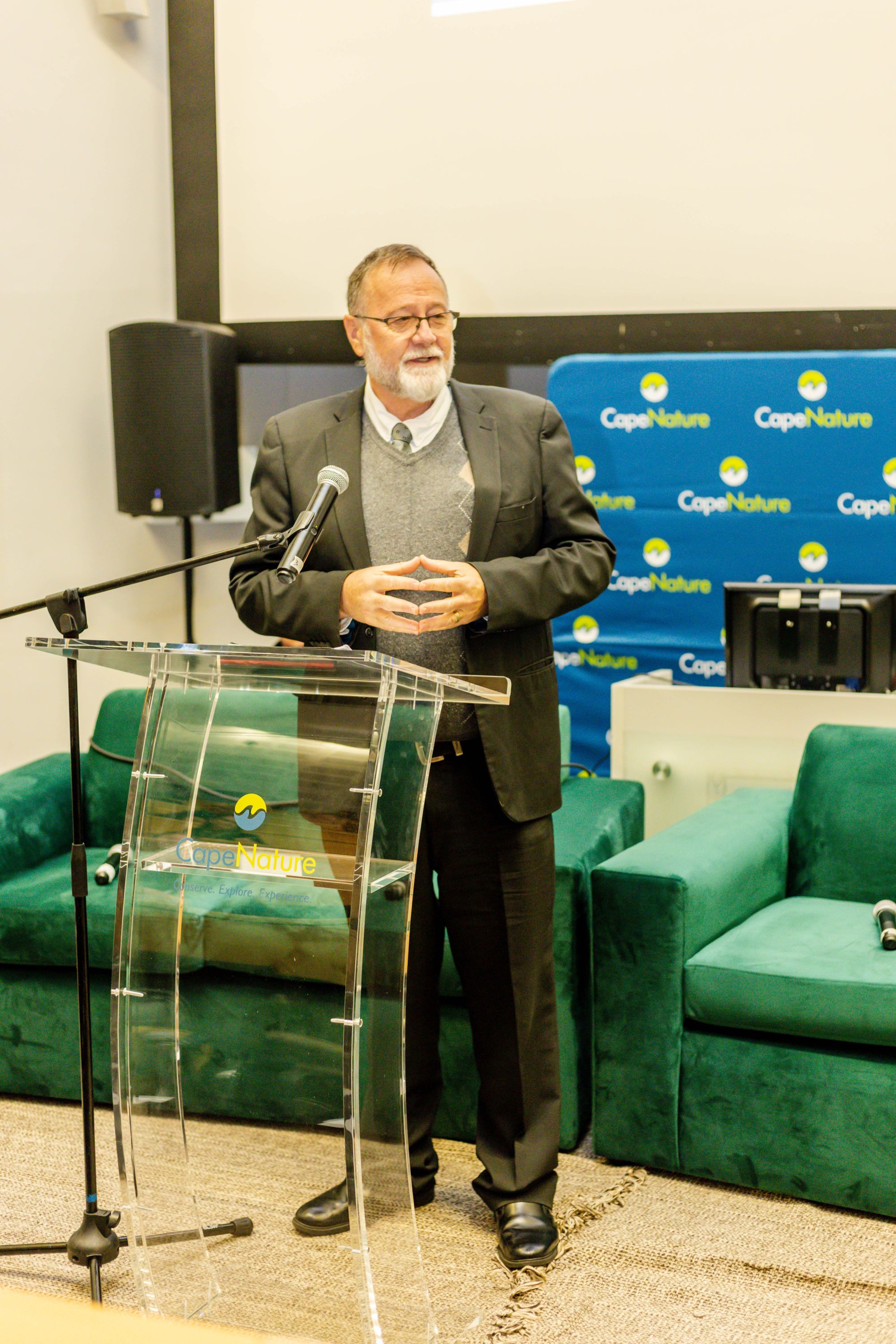
Anton Bredell, Western Cape Provincial Minister
CapeNature continues to demonstrate that when we work together, we can achieve good results for conservation in the Western Cape. The partnerships and work showcased at the Conservation Review are measurable environmental outcomes. This event, and the launch of the State of Conservation Report, reflect a collaborative effort in the face of growing environmental pressures in the province.
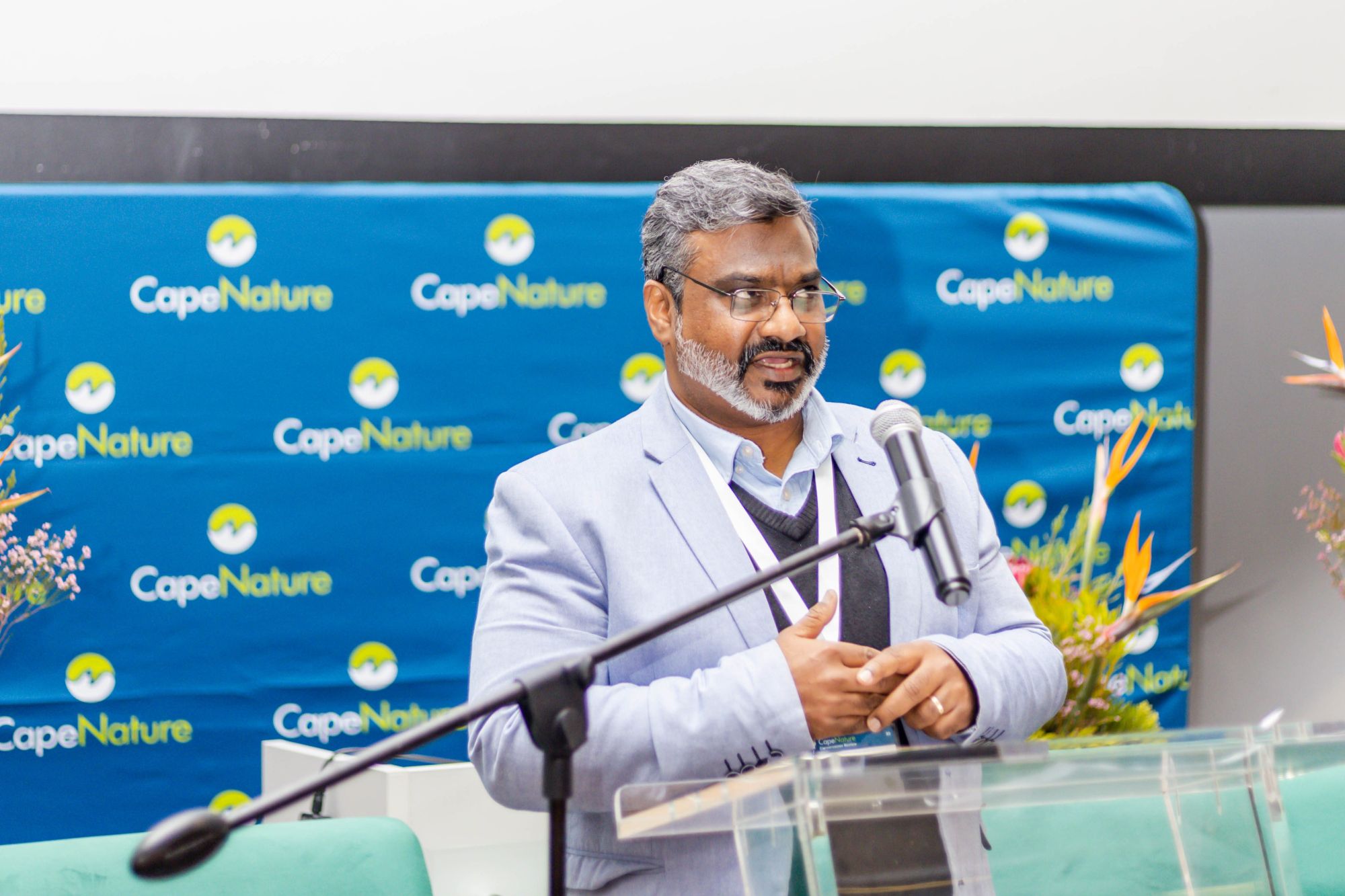
Dr Ashley Naidoo, CEO of CapeNature
CapeNature CEO, Dr Ashley Naidoo, said collaboration for positive conservation outcomes, incorporating a diversity of land-uses, stakeholders, and mechanisms are all key to promoting positive conservation and biodiversity outcomes.
Without close co-operation with partners, government, and our stakeholders we would not be able to manage our protected areas effectively, meaningfully engage with a wide range of stakeholders and expand our conservation estate. Without close co-operation with partners, government, and our stakeholders we would not be able to manage our protected areas effectively, meaningfully engage with a wide range of stakeholders and expand our conservation estate.
The event also explored upscaling of enforcement and consideration of the ecological intelligence to effect compliance, highlighting the Entity’s record of prosecutions, advancements in negating the impacts of succulent plant poaching, coastal and marine compliance and enforcement. Other issues explored included the impacts of fire and invasive alien plant management on biodiversity and ecosystem functioning, water security, and the increased resilience of our ecosystems and species through partnership, coordinated monitoring, and management.
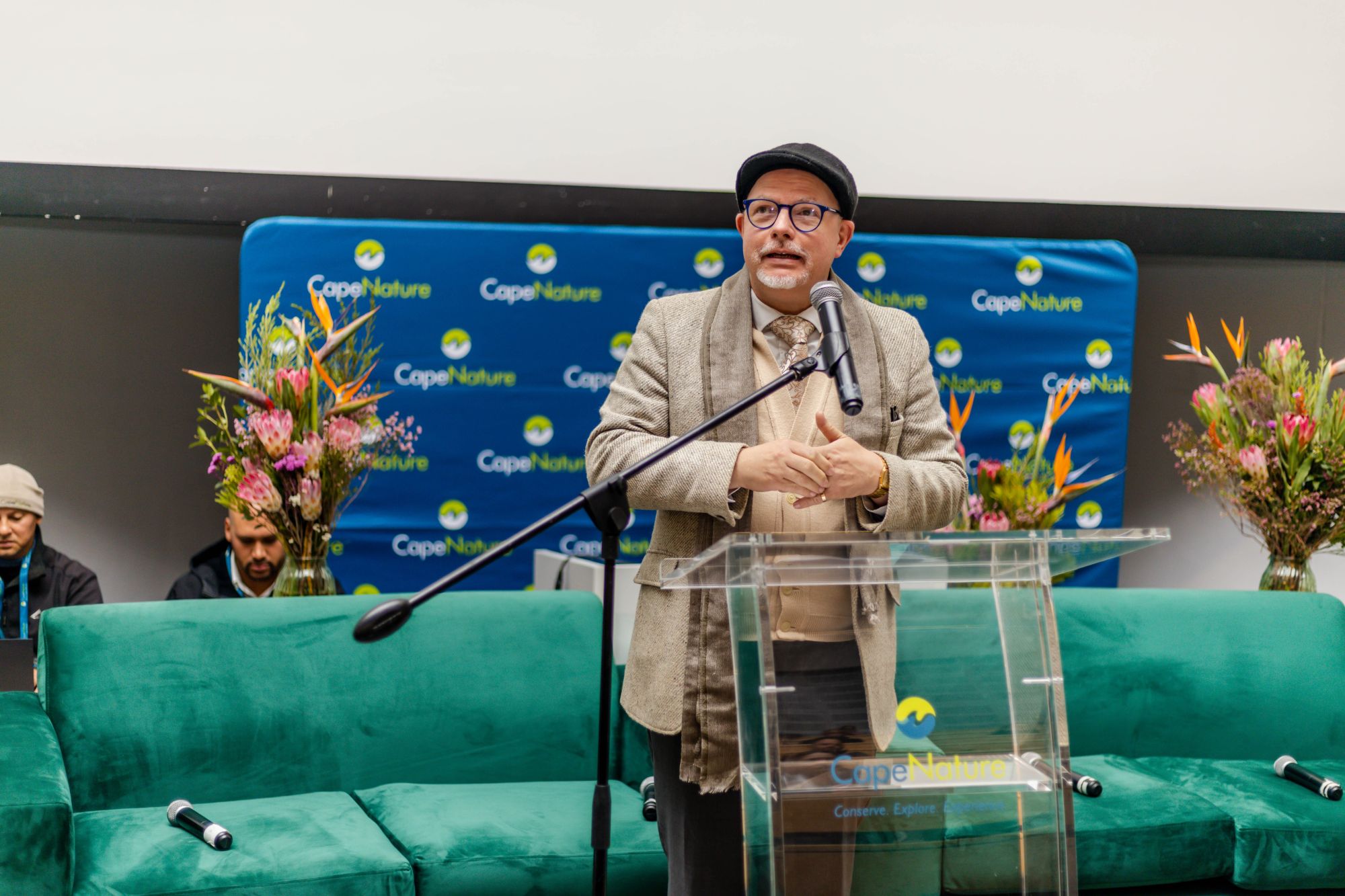
Professor Robert Balfour, Vice Chancellor and Rector of the University of the Western Cape (UWC)
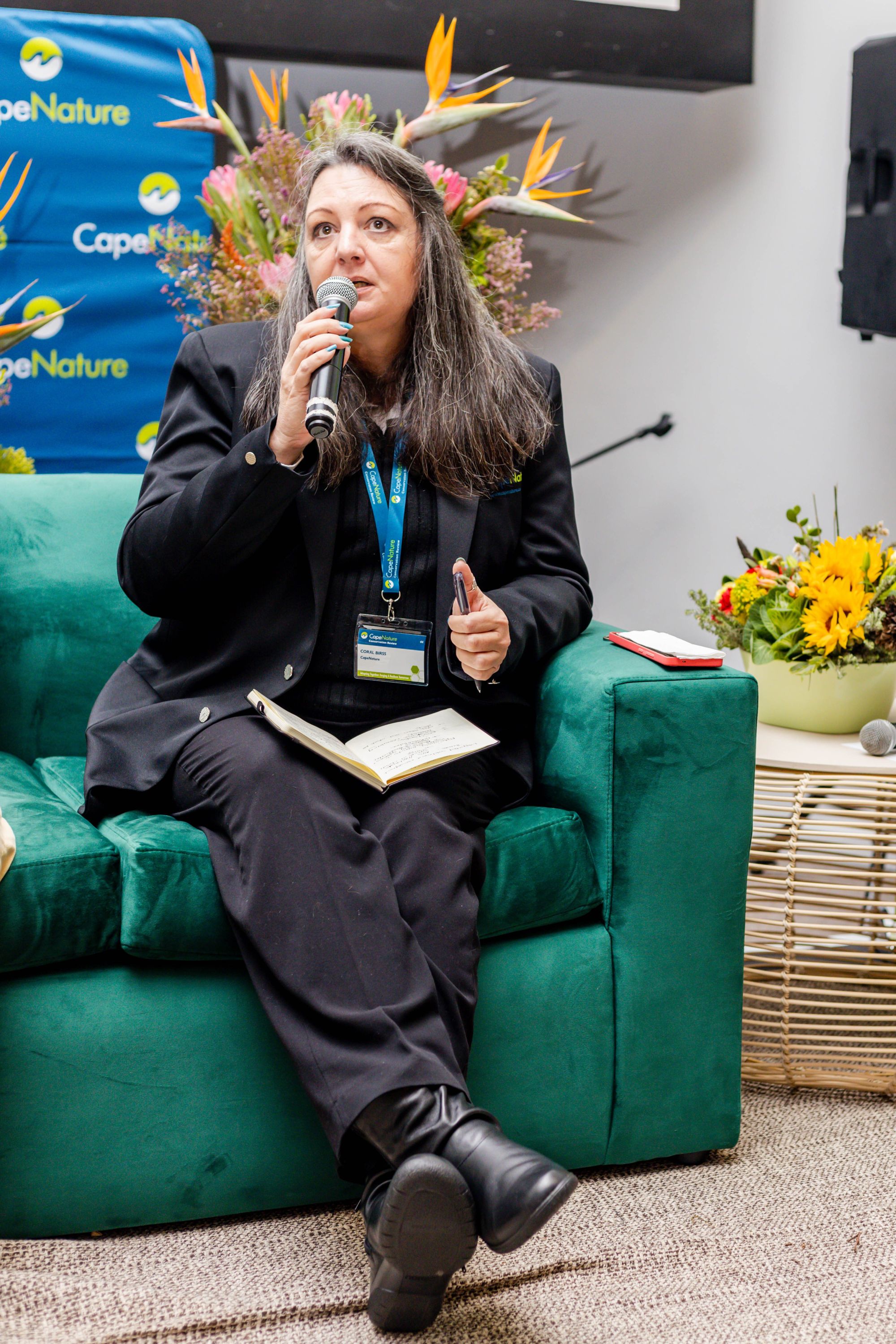
Coral Birss, Executive Director of Biodiversity Capabilities at CapeNature
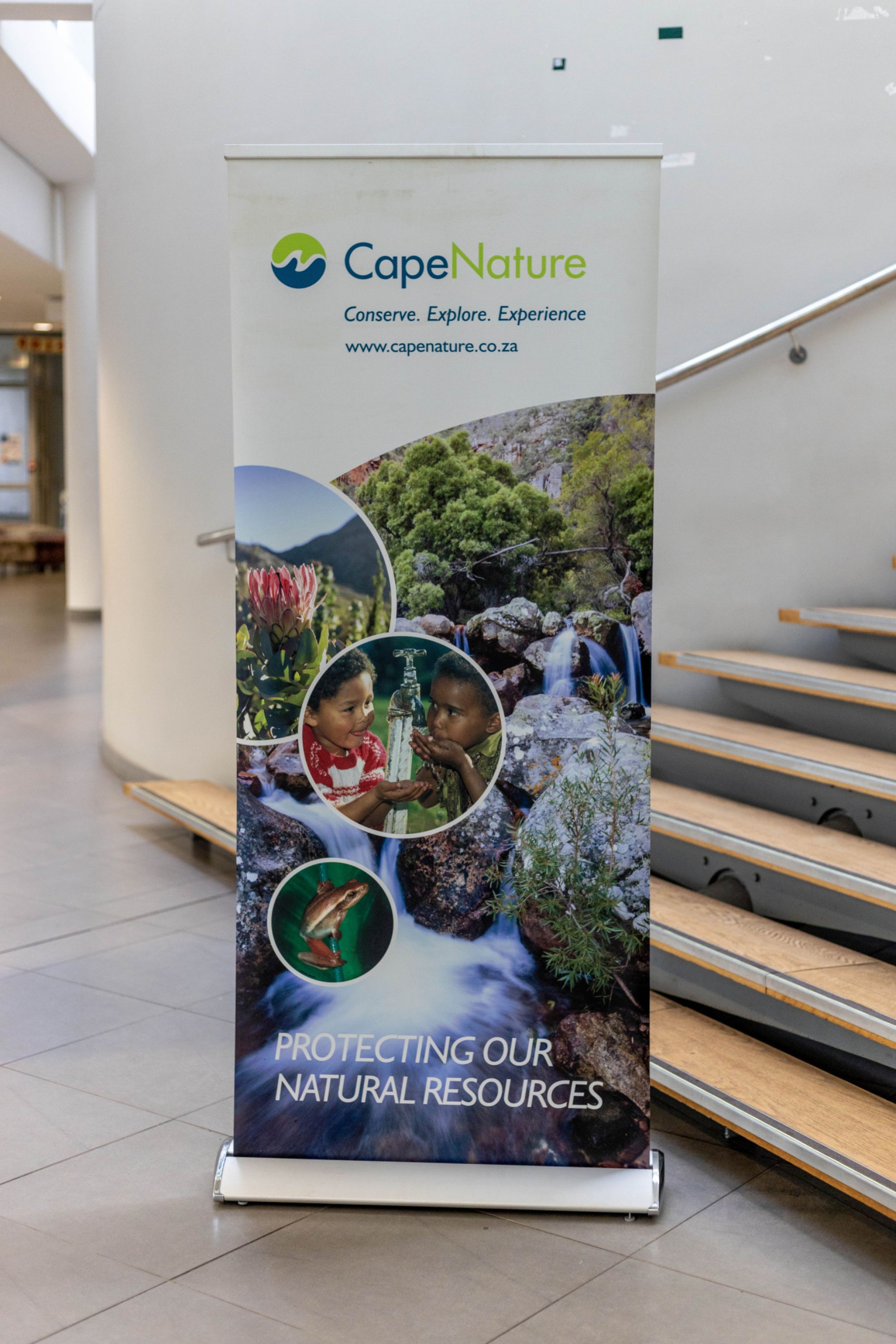
2025 Conservation Review
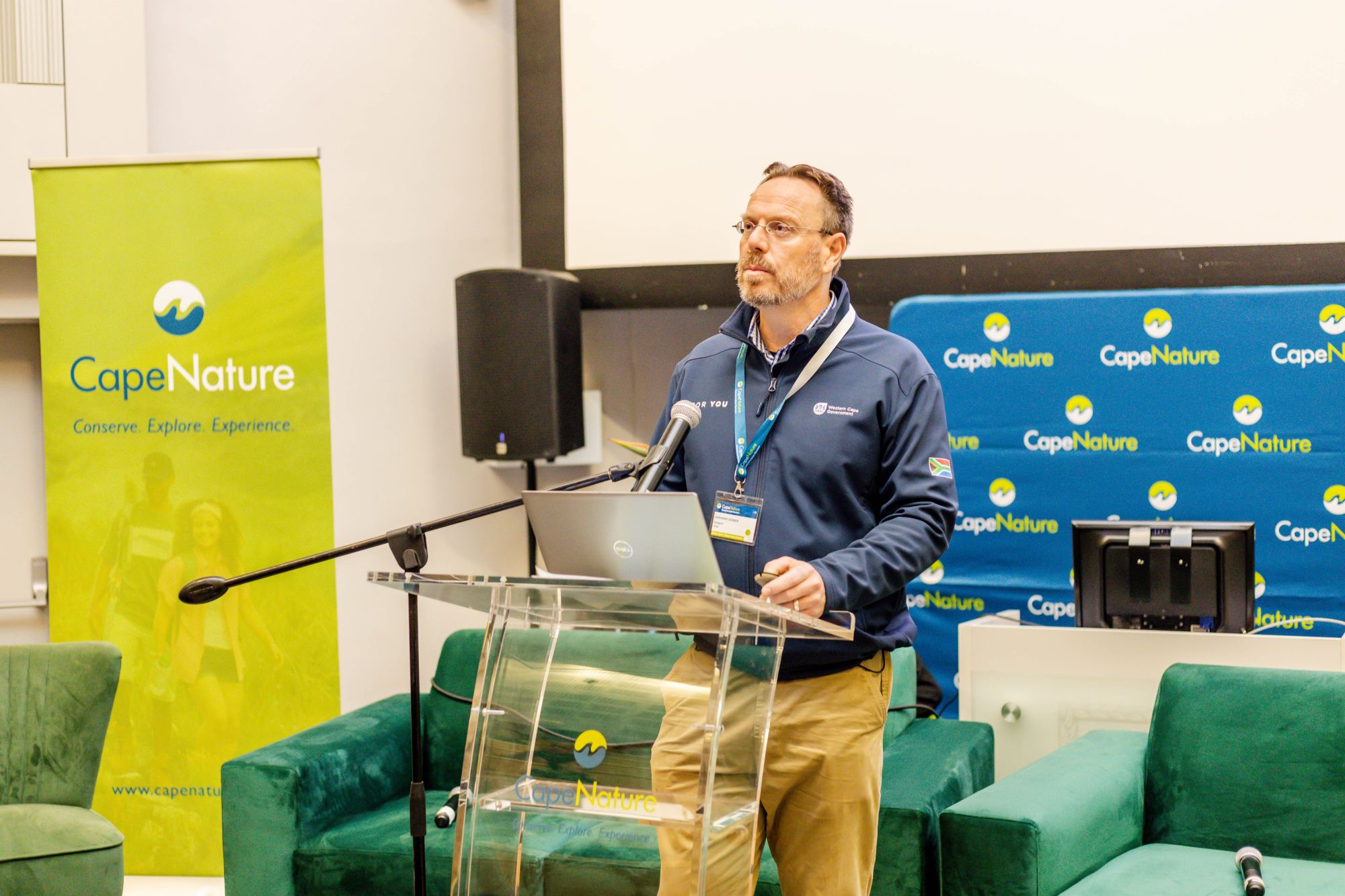
Gerhard Gerber, Western Cape Department of Environmental Affairs and Development Planning Head of Department
Related News
How can I assist you today?
How can I assist you today?



